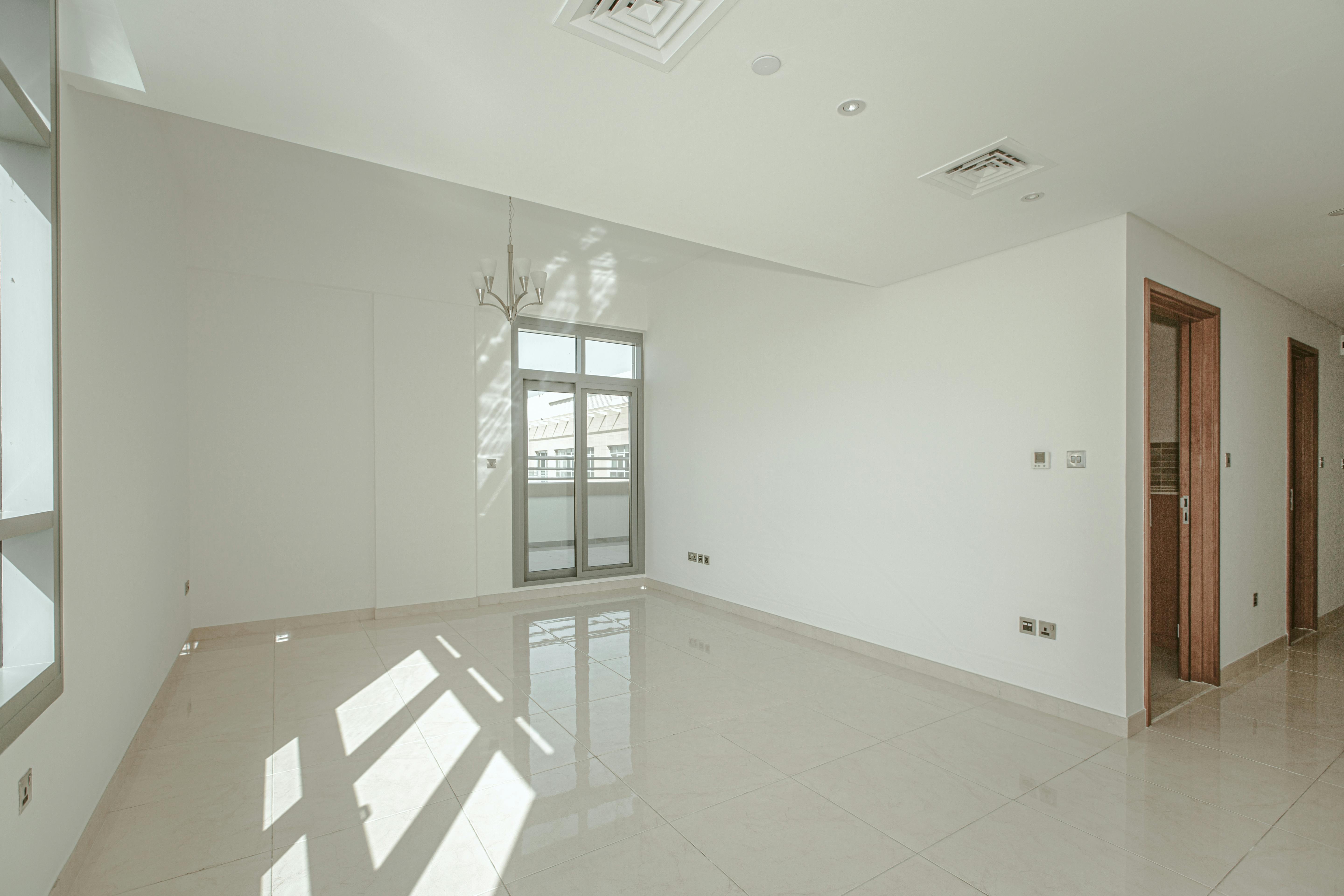5 things to do before renting your house
Renting out your property may seem like an easy way to increase your passive income, but when you start the process, it may be more complicated than expected. Your home can sit on the market for months without a rental applicant because it is priced above fair market rent. A bad tenant may be late or flatly refuse to pay rent; they have the potential to do thousands of dollars in property damage and may ignore your attempts to evict them from the property until authorities get involved.
So how can you avoid the headache of these common pitfalls associated with renting a property? Here are five things to do before you rent your home to reduce the risk and stress of being a new homeowner.
1. Take pictures of the property
Property photographs are necessary for several reasons. They are an important part of online advertising; Otherwise, potential renters often overlook favorable rental listings without property pictures because they don’t want to have to wait for a home tour to discover that the property doesn’t have a layout or layout that suits them. . These photos will also come in handy when your future tenants move in, as you can use them to measure any damage to the property that may have occurred during the rental period.
2. Evaluate Fair Market Rent
While it can be tempting to charge higher rent to recoup money from recent renovations you may have done or moving costs when you left the property, the best thing to do is do some market research – check with rental websites , newspapers, local owners. , real estate agents and property management companies to determine the amount for which properties of similar location, size and condition are rented.
3. Create a concise and effective rental application
An effective rental application will not intimidate prospective tenants with its length, but it will be comprehensive enough that it can be used for tenant selection purposes. Any additional information you need from the tenant in case the assessment passes can be included in the lease documents. A good app will have spaces for the following items:
-
Name
-
Date of Birth
-
Social Security number
-
Phone number
-
Current/former addresses (last 7 years, including owner names and contact information)
-
Current employer (name, address, date of hire, income, contact information)
-
Authorization to Obtain Consumer Report Statement
-
tenant signature
4. Consider using a property manager
Property managers typically charge a percentage of the monthly rent for their services, but in exchange, they will handle things like finding new tenants, creating/signing leases, collecting rent, and issuing legal notices (including evictions). Hiring a property manager reduces the profit you’ll earn from your tenants’ rent payments, so you should carefully consider the cost-benefit of these services.
5. Find good tenants
Finding a decent tenant is easier said than done: many applicants may be nice, polite, and seem like a good fit, but they will create an avalanche of trouble for you. The best way to improve the quality of the tenants you are renting to is to perform background checks on tenants, that is, choosing tenants based on measurable rent and tax liability. Most landlords will charge rental applicants an application fee to cover the cost of tenant screening.



